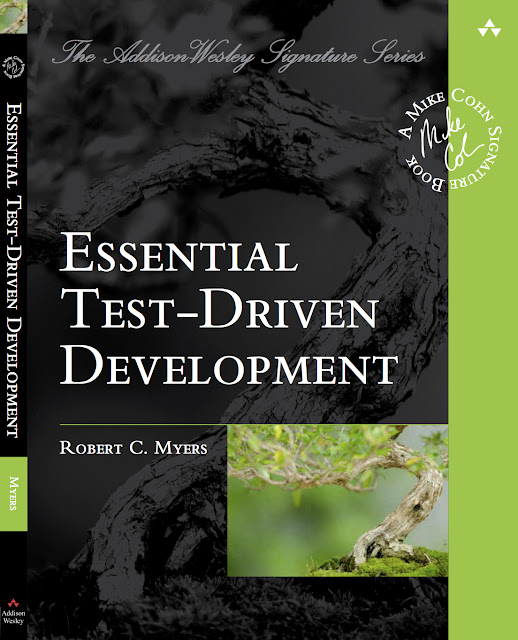Agile consultants ruined the software group I work in. Making good software is hard, and anyone claiming to have a magical process that guarantees good software is selling snake oil. I can appreciate your wanting to make a buck, but would also seriously appreciate it if you could find some other industry besides software development to go screw up.
– an "Anonymous Agile Victim"Sadly, there is an overabundance of coaches, consultants, and ScrumMasters who do not yet have enough experience to be guiding organizations through these dangerous seas. Yet these coaches are naturally anxious to gain that experience.
We can't pin this entirely on either party: It seems to be an agreement of Mutually Assured Failure. (And I'm not talking about the "Good, Lean Startup, fast feedback-loop" type of failure here. This is the "months wasted, everyone's angry, personal reputation in ruins, 'Agile' is a four-letter word" type of failure.)
Coaches need to be honest and professional about their levels of experience, and not be in a big rush to be the sole "Agile Guru" (Gah! That left a bad taste in my mouth!) at the organization. Large-scale Agile transitions require at least two coaches (internal or external), both willing to risk getting canned (aka fired, dismissed, given the boot...) by surfacing uncomfortable truths to the execs, and both covering each other's blind-spots; be they experiential, technical, political, or cultural blind-spots. They also need the support of at least one relatively high-level executive, and need to be conversing with that exec on a regular basis. And that's just two of the ingredients needed to get started.
That was how I gained the needed experience on my first two large-scale Agile transitions: First, in 2005-ish at Vanguard, then in 2007 at Salesforce.com: Both brought me in as the team/technical coach and "guy who has actually worked on Agile teams for most of a decade." Both included an executive coach (e.g., Pete Behrens, who spent a lot of his spare time coaching me, as well as half the teams. Thank you Pete!)
Organizations are unwittingly complicit in Mutually Assured Failure: They often see "Agile" as a cost-cutting mechanism, and use their own cost-cutting mindset to hire the least expensive coach they can find (akin to hiring the cheapest surgeon to perform life-saving surgery on your own body).
If you hire inexperienced ScrumMasters, don't expect great changes overnight. If you hire "Agile" staff-augmentation, don't expect them to lead you out of your self-imposed chaos.



+1
ReplyDeleteYou got it.
I think you've hit the nail on the head. My problem is how do you get the experience without doing it? Unfortunately being a front-runner I've been the most experienced agilist in every organization that I've worked for, even when I had little experience. My ten year agile journey has been one of frustration, but I've learnt a lot through failure. I'm still learning and will continue to do so. I would love some executive coaching, but I've never had the opportunity for any (and can't afford to pay for it myself).
ReplyDeleteYMMV, of course, but this is what worked for me:
Delete* Emphasize your strengths and experience. Continue to refine, grow, and promote those.
* Collaborate with people who are great at what you want to be good at.
* Collaborate with people who are great at what you don't want to handle.
* Learn about topics that interest you, even if they aren't obviously or immediately applicable.
* Be selective about those areas of exploration. Don't "spread yourself too thin."
Here's more detail: http://powersoftwo.agileinstitute.com/2010/04/secret-sauce-recipe-to-agile-coaching.html